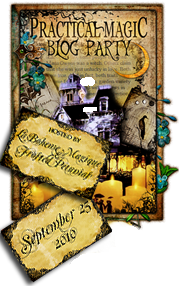This is the title of one of my favorite Paul McCartney songs, in which he waxes poetic about a (presumably) large ship. Then there's Winedark Open Sea, another McCartney love song about how easy it can be to relax and just love someone...."sailing on a winedark, open sea." It's hard to imagine having any kind of wanderlust stuck in front of a computer with Bubba under my feet and Luna trying to sit on my lap while I type and do interviews. The whole day is gone....and the one before it and then the next one coming . . .
But next week I am taking my family (all but one of them, grandkids and all) to California for a week on the beach, and then I will take over my daughter's sailboat while she migrates to San Jose for her legal internship. My husband said "You just need to go somewhere and hole up and write--and don't stop until you finish."
Sailing on a wine-dark open sea sounds like a good place to write a book about the richness and depth of spiritual practice. Every person I interview for this project helps me better understand the data contained in the latest Pew Forum study about religion and public life in America: our religious identities are incredibly fluid and we feel more and more entitled to explore and innovate meaningful spiritual lives.
Perhaps that innovation and exploration is . . . Wanderlust.
See you on the beach!
Christians Turn to Artificial Intelligence to Combat Porn Addition
-
Pornography is an ever-present reality in today’s age. With the prevalence
of the internet and the lowering of society’s moral standards, porn is
becomin...
6 years ago







